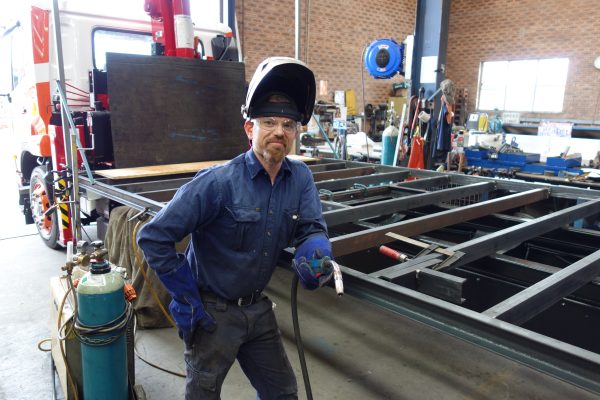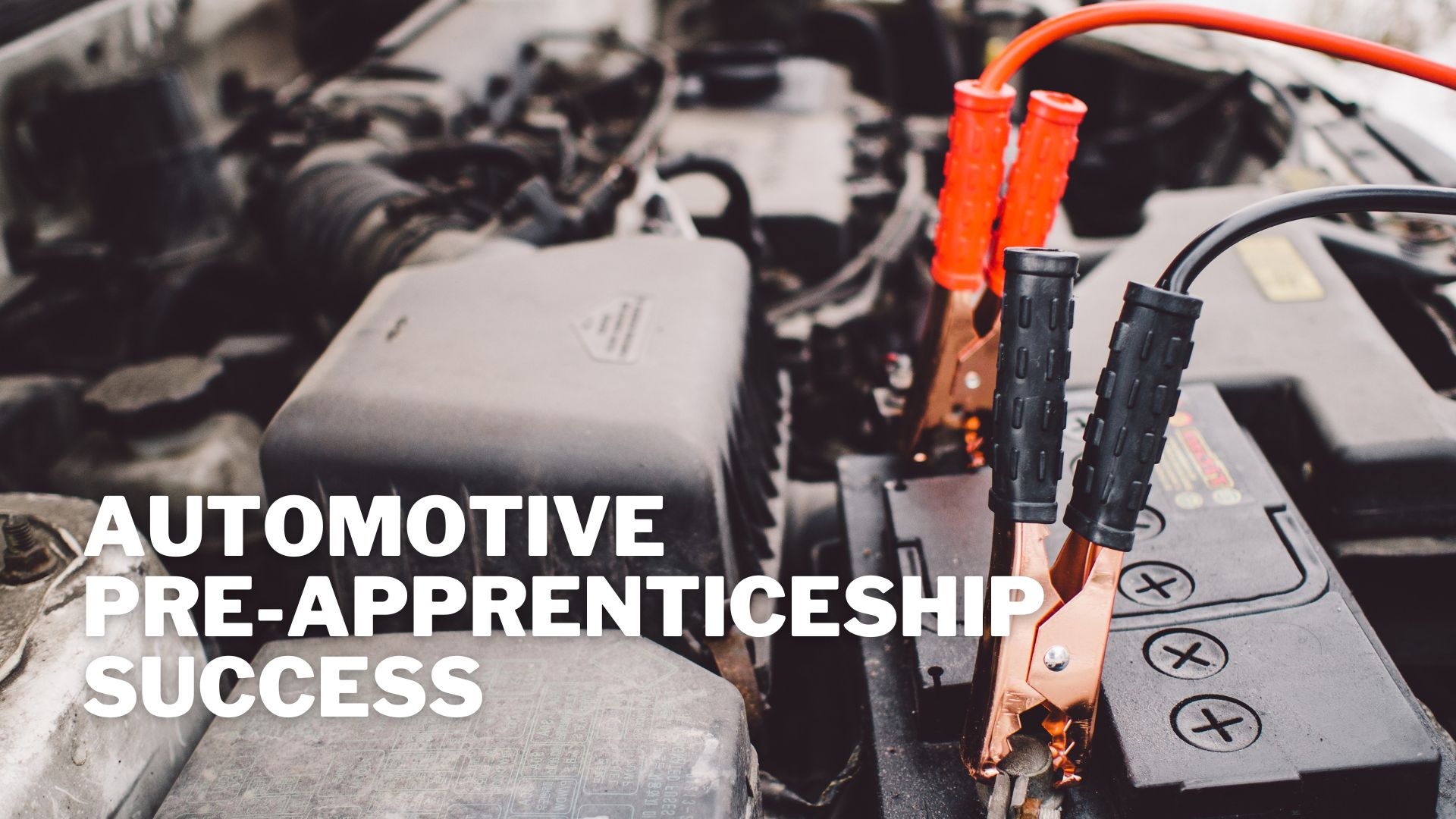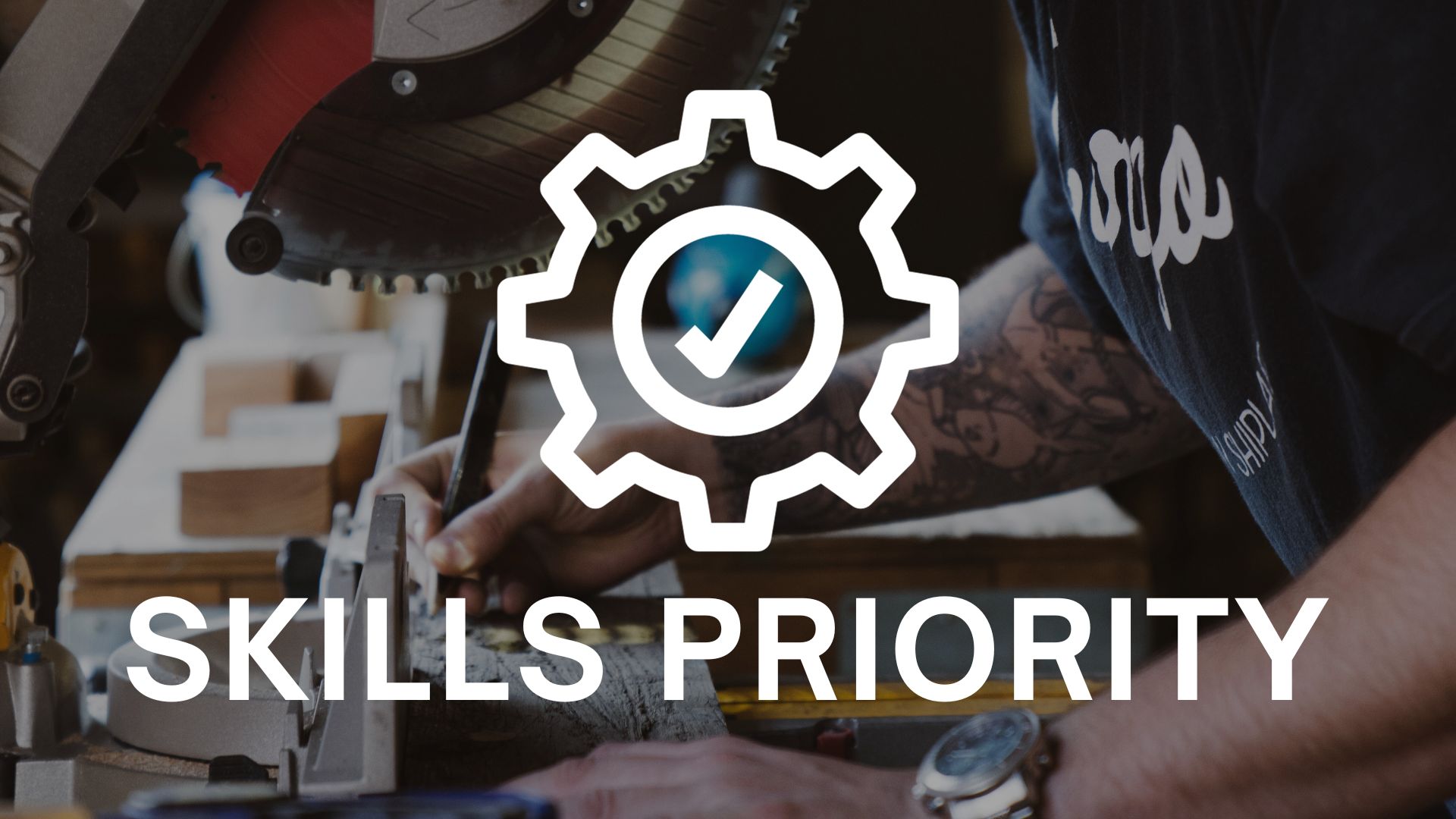Where are they now – Cameron Bennett
Cameron Bennett, Engineering apprentice (Fabrication)
Cameron Bennett successfully completed an Engineering Fabrication Trade apprenticeship with 1300apprentice in 2017, winning awards for his excellence, and continuing to achieve great things with his trade ever since.

Cameron has many aspirations, one being to use his trade to obtain an opportunity work in Antarctica which he has successfully secured to commence in March 2023 after he attends a few months of specialised training to get prepared for the experience of a lifetime!
We caught up with Cameron to get some insider info, updates, inspiration, and advice for our aspiring Engineering Fabrication Trade apprentices. Here’s what we learned.
Thanks for your time, Cameron, it all seems so interesting, we have so many questions!
Thanks for having me back.
Let’s start with an introduction, can you tell our audience a little bit about yourself?
Like the best dogs, I’m a bit of a ‘bizter’. I’ve lived all over Australia, but mostly in NSW. Truth is that I was originally hell-bent on being a heavy metal musician, but that didn’t quite work out. Before getting my apprenticeship, I’d worked in retail, the media and advertising industries, everything from graphic design, art direction, journalism, and print production.
But I was always secretly envious of my tradie mates who weren’t tied to the capital cities like I seemed to be. The sheer portability and demand for their skills was something I wanted.
Why did you choose this career path?
My grandfather had taught me to weld as a teenager, and I’d always wanted to learn more about it. A lot of determination, some luck, and little bit of support from some good people meant that in 20I4 was able to secure a place at TAFE and then an apprenticeship.
What does an Engineering Fabrication tradesperson do?
Ha! That’s a deceptively easy question. It’s a broad job title in an industry that covers a lot of ground, I think we can broadly simplify it to just manufacturing and maintenance.
On the manufacturing side, everything starts with a drawing, and it’s your job to produce the thing specified in that drawing. You might be doing anything and everything from picking stock, cutting, bending, folding, drilling, heating, welding, forklifting, using hoists and cranes, even wrapping pallets or loading trucks. You might be tapping 8mm holes one day, and driving around in a scissor-lift bolting up structural steel the next. Although it’s common overseas, very few Australian fabricators are ‘welding-only’.
The maintenance side requires much more imagination and intuition. You might be removing stuck, rusty bolts from heavy mining machinery one day, or unbending damage to a truck with nothing more than a sling and a forklift the next.
Is there any advice would you give to someone who is considering pursuing a career in Engineering?
I grew up in a middle-class family. My parents had every intention for me to go to university and avoid the dirty jobs. But here I am, loving every day that I’m welding.
Do you recommend apprenticeships as being the best career pathway, or there a better way to start a career in this industry?
To be fair, there’s plenty of work at the moment for unqualified people in heavy fabrication. If, however, you want to build a career, work overseas and move generally upwards, you absolutely have to get your trade. Yes, the pay will hurt, but it’s only for a couple of years while you level-up your skills. It doesn’t matter how old you are: Western Australian Julyan Sumner started his plumbing apprenticeship at age 63.
What did you enjoy most about your experience as an apprentice?
Discovering how much thought, skill and creativity every good tradie puts in to almost everything they do.
Describe your career path since completing your apprenticeship, and what led you to want to work in Antarctica?
In the years post-trade, I’ve worked fairly hard on my training and qualifications. As well of oodles of tafe – I’ve done four pressure-welding tickets, got my Engineering certificate IV, and am qualified to structural welding supervisor/inspector. I’ve also done my ‘dogman’ training, that’s the person who connects, manoeuvres, and disconnects loads from a crane. In 2020 I tree-changed to Cowra in the NSW central west, and have been mig welding heavyweight steel for local agricultural machinery manufacturer, K-Line Ag.
The Australian Antarctic Division runs a very comprehensive requirement program every year from November. I saw an ad, and thought I should apply before my age gets the better of me. The very comprehensive recruitment process took more than nine nail-biting months – if you’re in a hurry to get where you’re going, then Antarctica won’t be for you.
From what you have been told, what would a typical day look like for you in Antarctica and how long will you be working there?
I’ll be posted to Macquarie Island in the sub-Antarctic for a 12-month stint. It’s about 6 days a week of work. The primary focus for us tradies will be station modernisation – demolishing the some of the old asbestos-filled structures and erecting new kit/cladding buildings. That sounds straight-forwards enough, but doing that in -10c temperatures with 80km winds is where it’s going to get a little slippery.
In October I went to Hobart Royal Hospital to be part of what’s called the Lay Surgical Assistant (LSA) program. LSAs are expeditioners that are trained in assisting the station doctors to perform surgery. I got a crash course in being a scrub nurse in real theatres with real medical staff. I can’t discuss details, of course, but it was a significant and profound experience: there’s a great deal of skill and especially trust amongst the medical professionals who all helped in my training.
There’s other duties as well, we’re all rostered to help in the kitchen, general cleaning, stocktakes, search-and-rescue teams both outdoors and from the boats.
Do you have any other career aspirations or goals?
In 2019 I qualified as a structural welding supervisor & inspector. I’m mad keen on putting those skills to work when I return. All job offers will be considered!
Is there any other information or advice that you would like to share?
Industry is desperate for more fabricators at the moment, and will be for years to come. I’d encourage anyone who’s good with their hands and doesn’t want to work in an office to consider becoming a boilermaker. The job is more creative and varied than I ever imagined, looking at the big picture, one is really only limited by one’s aspirations.
Thank you for sharing your career adventure with us, we are so proud of you and your ongoing achievements. We look forward to hearing more about your experiences in the future.
If you’d like to start your career in a traineeship or apprenticeship, contact us today!




